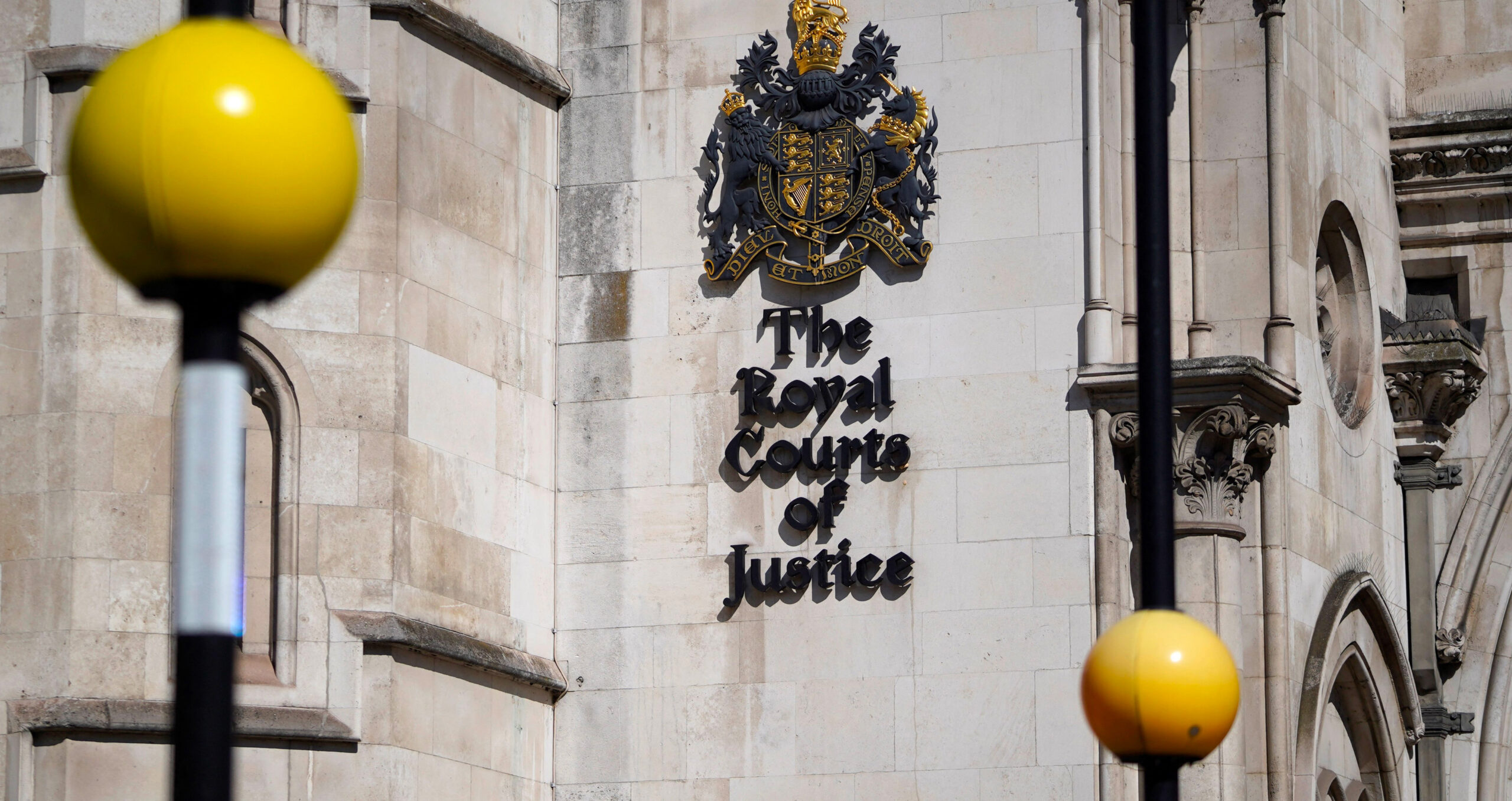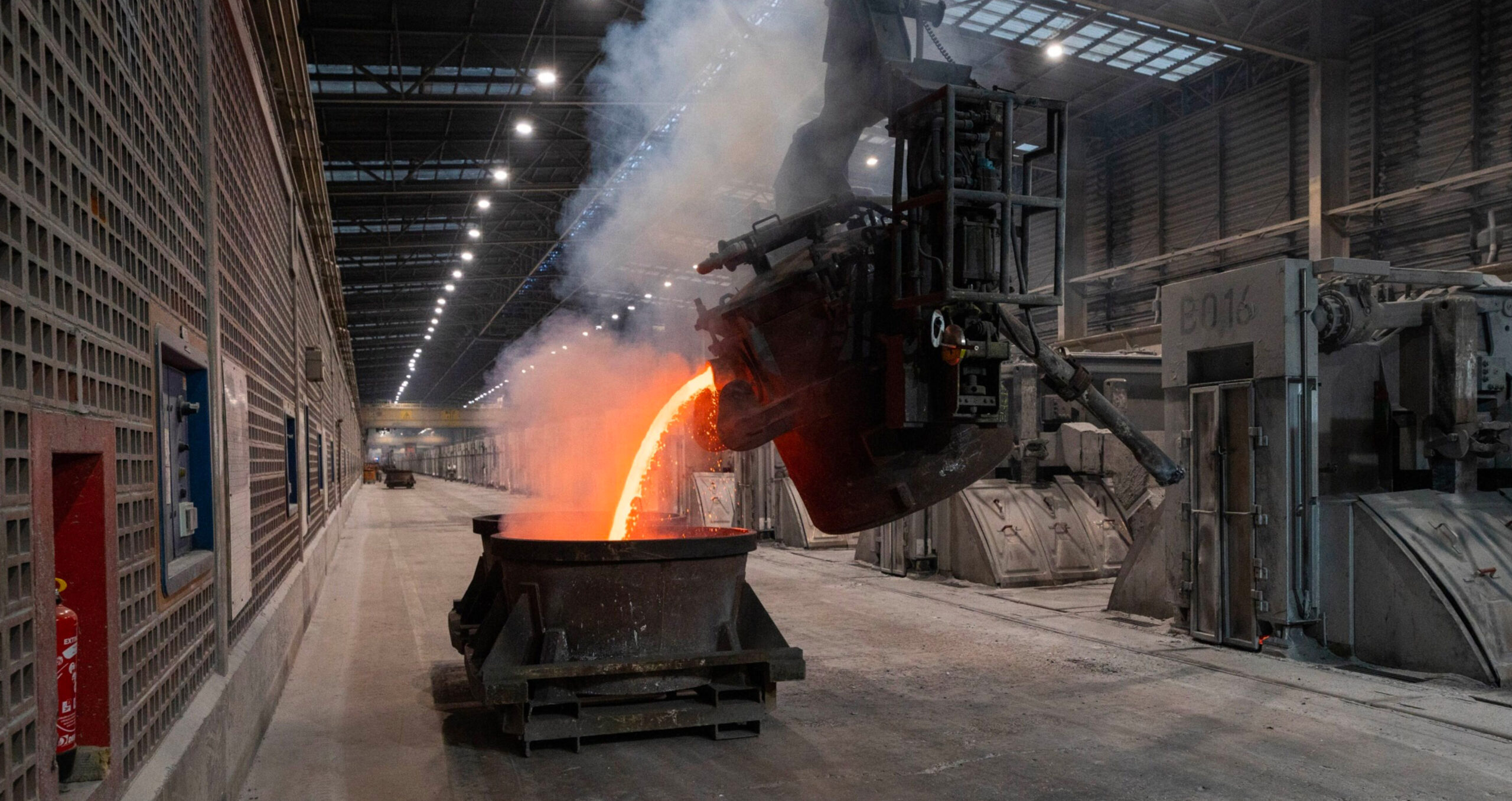
ClientEarth claim against Shell directors: a case of ‘win even if you lose’?

Based on available information, the claim is likely to fail but forcing opponents through the litigation process could still prove useful to environmental campaigners.
On February 9, environmental non-profit ClientEarth started a claim in the English High Court, seemingly against Shell plc, claiming that Shell’s directors had breached their duties.
The claim documents are not yet public, but reports in the press indicate that ClientEarth is complaining that the directors have breached the duties they owed to Shell by maintaining a “fundamentally flawed” transition strategy from fossil fuels to green energy, and is seeking that they should adopt a course that is more likely to help achieve the goals of the 2015 Paris Agreement.
ClientEarth appears to be using an exceptional legal route by which a minority shareholder can bring a claim in the name of the company, against a company’s directors personally, to complain of breaches by those directors of their duties to the company. Although the company is joined as a defendant, this is only for technical and formal reasons; the real defendants are the individual directors themselves.
Presumably, ClientEarth hopes that the court will, after trial, grant it some kind of order (for example, an injunction or declaration) that has the ultimate effect of compelling Shell to cut its emissions faster. It is quite possible, however, that ClientEarth holds no real hopes of obtaining such an order and instead wants merely to increase public pressure on Shell through the added public scrutiny that is a side-effect of the legal process.
Filter system
A system in which minority shareholders can sue directors in the name of the company is open to abuse. The law therefore imposes safeguards for companies, and their other shareholders. First, the court must soon look at the claim papers and decide, of its own motion, whether to dismiss it for lack of real prospects of success.
If the case passes that initial filter, then the court must hold a hearing, probably in the next few months, at which it will hear argument from all the parties as to whether ClientEarth should be permitted to continue the claim. At this second filter, the argument seems likely to focus on at least the following points:
• Whether a hypothetical reasonable director of Shell would not think that this claim that should be continued. If the court finds that such a director would not think it should be continued, then the claim must be dismissed.
• Whether the directors’ actions have already been authorised or ratified by the company, for example, through a vote of shareholders in general meeting. If they have, then the claim must be dismissed.
• Whether ClientEarth is acting in ‘good faith’ for the benefit of Shell and its shareholders as a whole, or instead for an ulterior purpose. If it is not, then that militates in favour of dismissal.
If the case passes this last filter, then it will probably proceed at least to further disclosure of contemporaneous documents by Shell to ClientEarth and possibly ultimately to a trial.
At any trial – which would probably not occur for up to around 18 months – the focus would be on whether the directors acted reasonably and properly and whether the transition strategy is in Shell’s best interests; whether it is in the interests of society or the environment at large would be only indirectly relevant. Any appeals will, of course, add to the length of the proceedings.
What is the likely outcome?
The claim is likely to proceed to a preliminary hearing for the court to hear arguments on whether it should grant permission for ClientEarth to continue the claim. There must be very considerable doubt whether it will survive beyond that point. The directors and Shell will focus their considerable resources on getting the case stopped at that preliminary stage.
Without seeing the precise allegations being made, it is hard to predict the outcome. Nevertheless, the following main factors seem likely to cause problems for ClientEarth.
First, the claim is not being brought primarily for the benefit of Shell’s shareholders per se but rather seems intended to pressure Shell to reduce its CO₂ emissions more quickly, whether that benefits Shell (and its shareholders as a whole) or not. The court could well take the view that – laudable though ClientEarth’s aims might be – a company law claim of this kind is not the right venue for its campaign and that the claim is an ‘abuse’ of the legal process.
Second, Shell’s shareholders have already voted in favour of the 2021 Shell Energy Transition strategy, securing 88.74 per cent of the vote at the 2021 AGM – albeit in what the board described as an ‘advisory’ manner, which may not amount to legally binding authorisation. At the 2022 AGM, 79.91 per cent of those voting approved Shell’s progress in implementing that strategy, and Shell plans to obtain a shareholder vote on the strategy itself again in 2024.
Third, the 2021 Strategy and the 2022 progress report indicate, at least at first sight, that a complex balancing exercise has been conducted by the directors, taking into account a range of factors, and this commits Shell to achieving net zero by 2050, in accordance with the Paris Agreement target.
Based on the extremely limited information available about the claim, it seems likely ultimately to fail.
Nevertheless – as is true throughout the growing public interest litigation sphere – legal campaign groups such as ClientEarth can scrape something approximating a ‘win’ just by forcing their opponents to go through the litigation process, with all the disclosure, publicity and pressure that this tends to involve.
James Hayton is principal at law firm LK Law.
Photo credit: Getty Images
Similar Articles

How CBAMs can reduce emissions without causing geopolitical strife

Earth Day: London’s spirit of innovation can lead the net zero push


